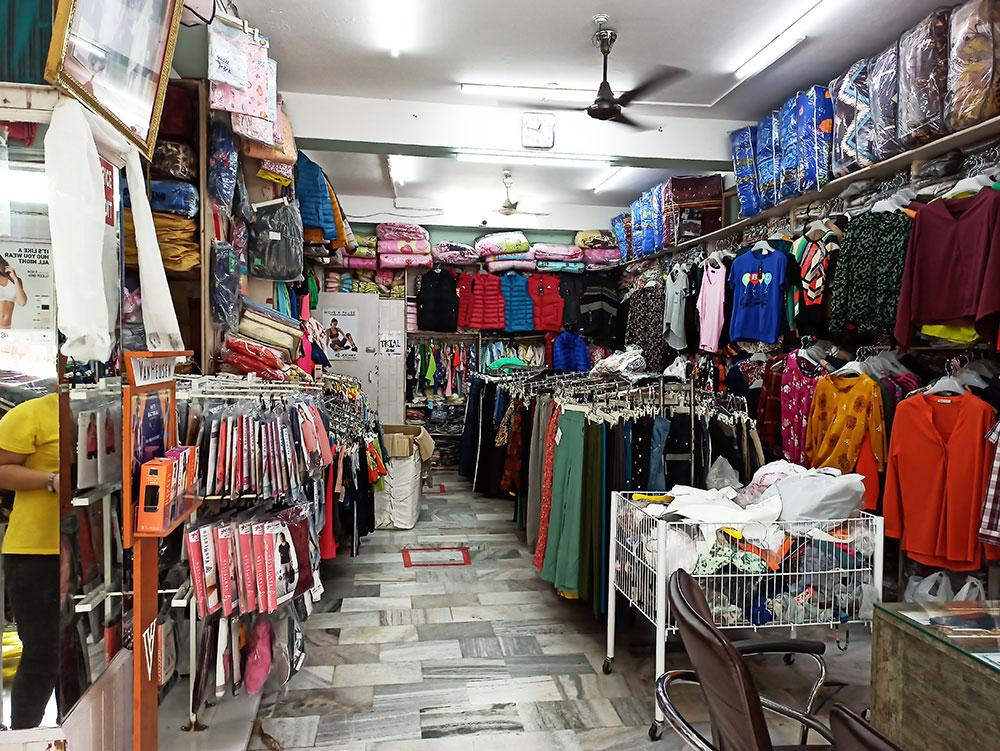Rajesh Rai | Phuentsholing
With her mask on, Chandra Kala Gurung waits for customers. It’s 10:30am.
Located opposite the immigration office, the small shelves in her tiny paan shop are almost empty. A year ago this place was swarming with shoppers. Today, after remaining under lockdown for more than three months, the streets remain deserted.
Chandra Kala said that her shop was empty because she disposed most of the outdated goods when the town opened on August 10. She also doesn’t want to replenish her shop fearing another lockdown.
“I don’t have money as well,” she said. “And there are not many customers these days. I think many have left.”
Except for a few shops, the situation is no different in most shops across Phuentsholing.
The manager of Szang general shop said that the business is down because there are not many people now.
“I think those who are still in Phuentsholing fear coming out.”
Prior to the lockdown, which started on April 17, the shop used to sell goods worth more than Nu 10,000 a day. Today, it is hardly Nu 3,000.
Hardware stores share similar stories.
Vipul Tiwari of Suresh Hardware said that he saw a huge rush in town in the first few days after the lockdown relaxation on August 10.
“It was because of the students, who were being relocated,” he said. “It was also because the lockdown was a long one.”
Garment shops, stationeries, and footwear shops did brisk business in those few days. A garment shopkeeper, Sachin Agarwal said that sales went down by 10 to 20 percent.
Small businesses, who were affected the most by the lockdown, most also say are burdened with shop rents. Others have not paid the rent and are making for the lost time now.
A restaurant owner, Karma Tshering Dorji said there were customers in the initial days.
“But there are not many people now.”
Meanwhile, restaurant and bar owners have also appealed to the government for exemptions on the Business Income Tax (BIT) and the license renewal fees.
“We have asked for this recently. We also raised the issue with the Task Force,” Karma Tshering Dorji said.
He said that the government should also allow a loan scheme, with low interest rate, for low-income businesses, including restaurants and bars of Phuentsholing.
“It can be from Nu 500,000 to Nu 2 million,” he said.
Karma Tshering Dorji said restaurants, bars and low income business groups have lost goods during the prolonged lockdown. A loan will help, he said, explaining they can start repaying once the business is good.
Economic Affairs Minister Loknath Sharma said: “It is hard and difficult to comment as any consideration or solidarity would still be less. Be it business or the general public, Phuentsholing has endured maximum lockdown during this pandemic.”
While most southern parts have suffered due to business closure and controlled movement, Phuentsholing was hit the hardest, he said.
“I’m hopeful hereafter it won’t be that bad, and businesses and people will gradually prosper.”
Edited by Tshering Palden


